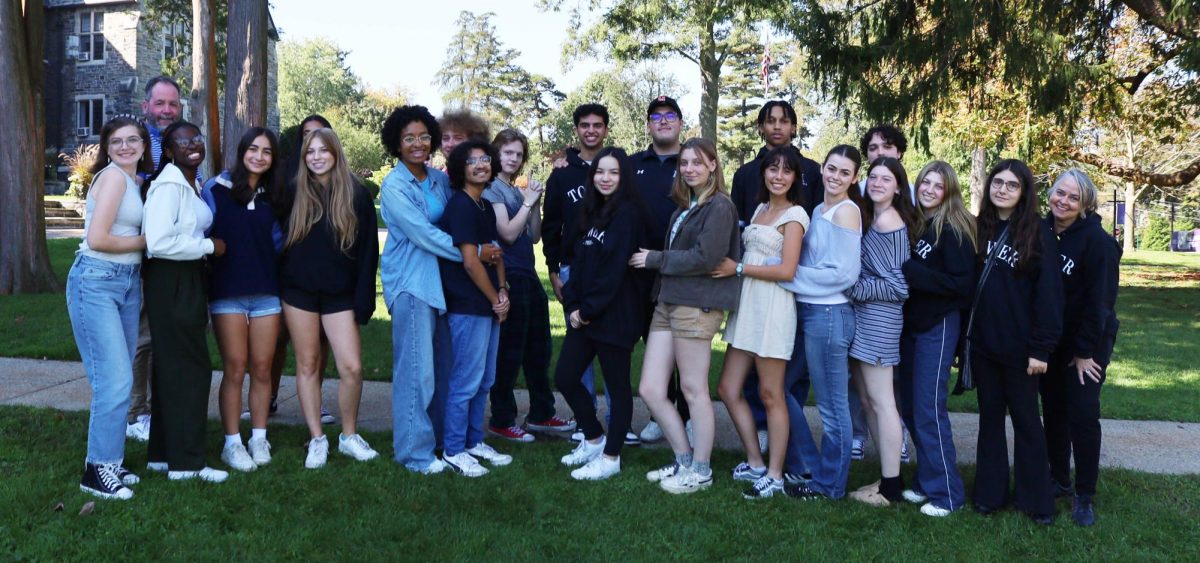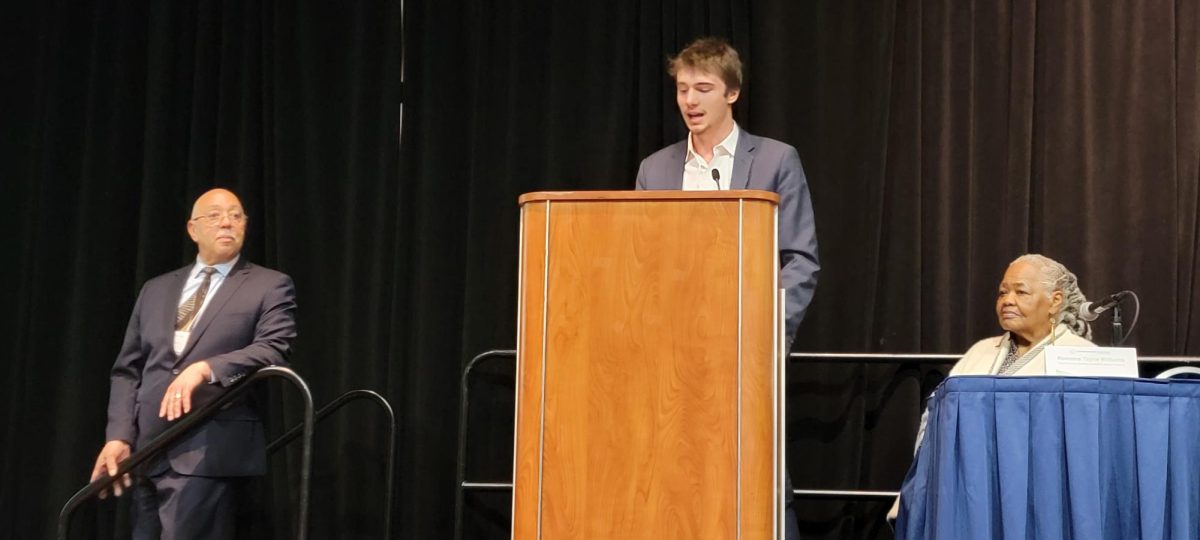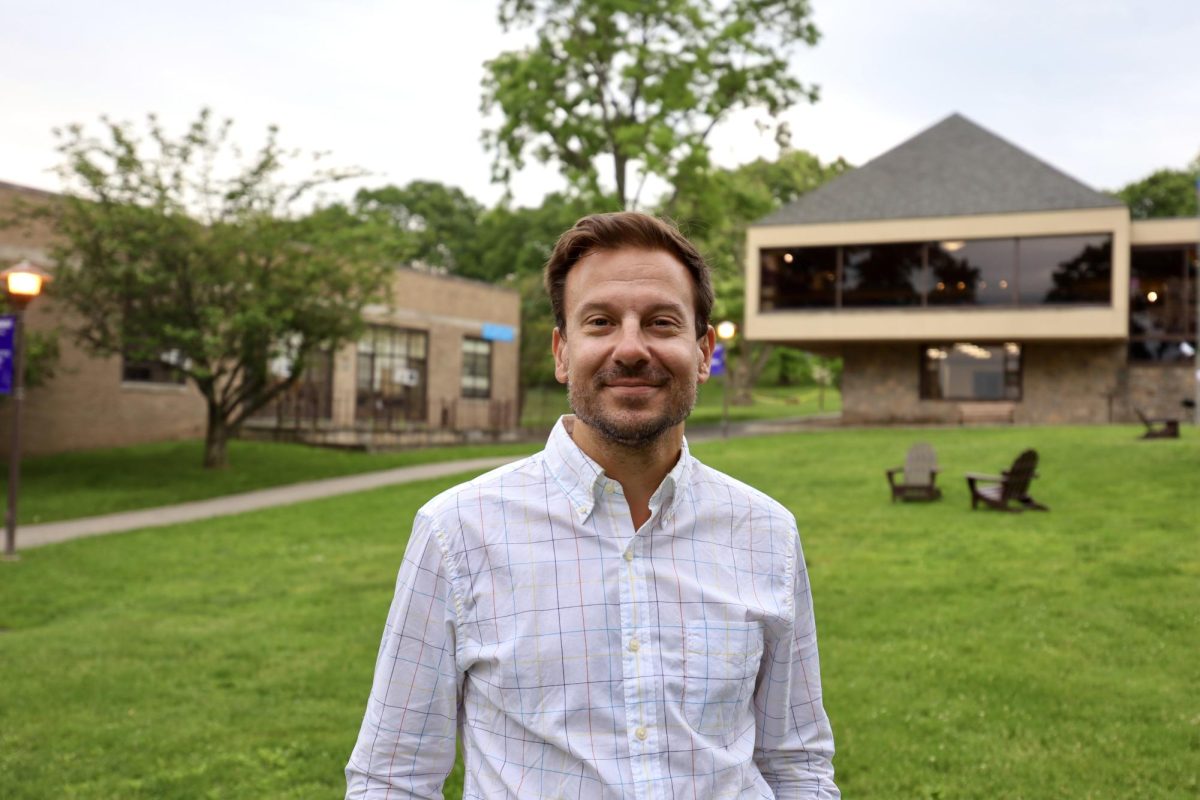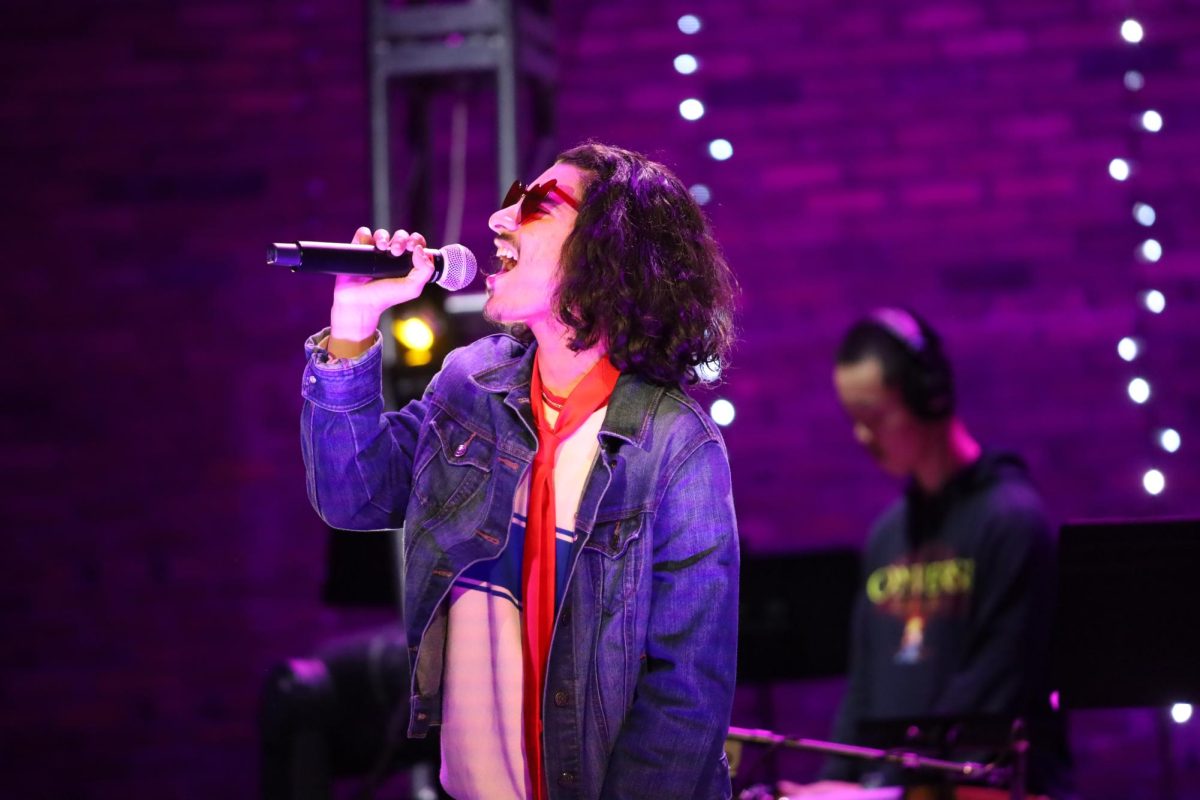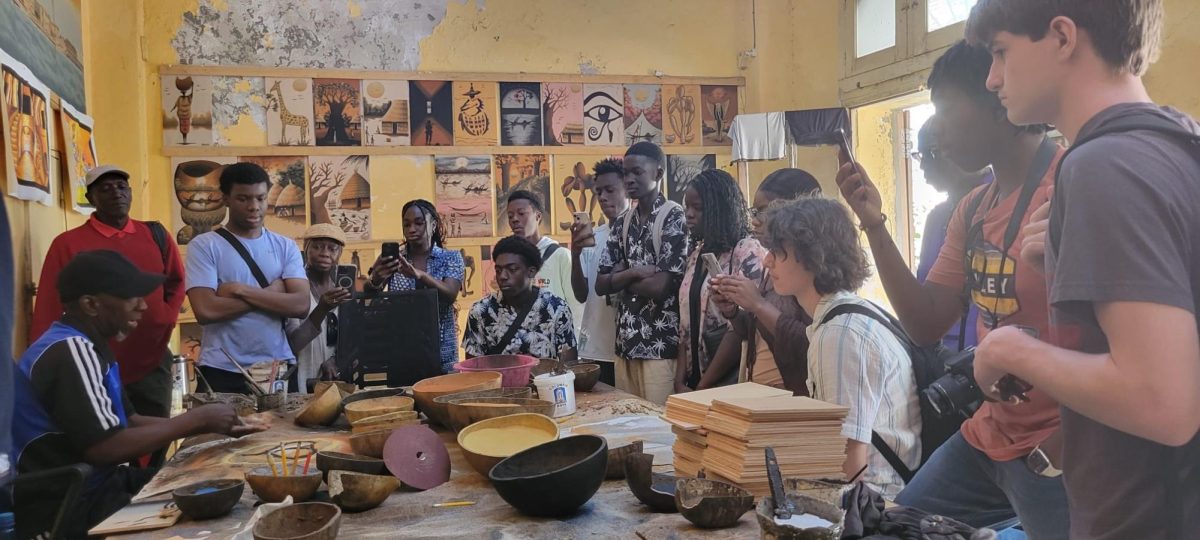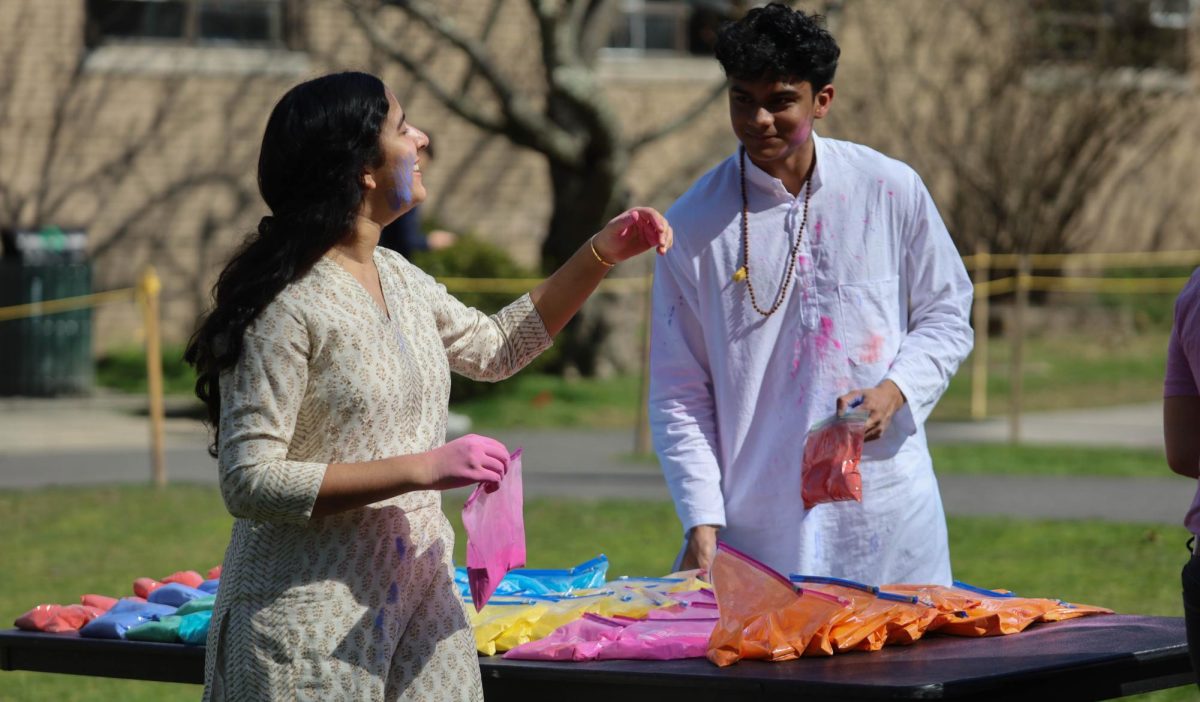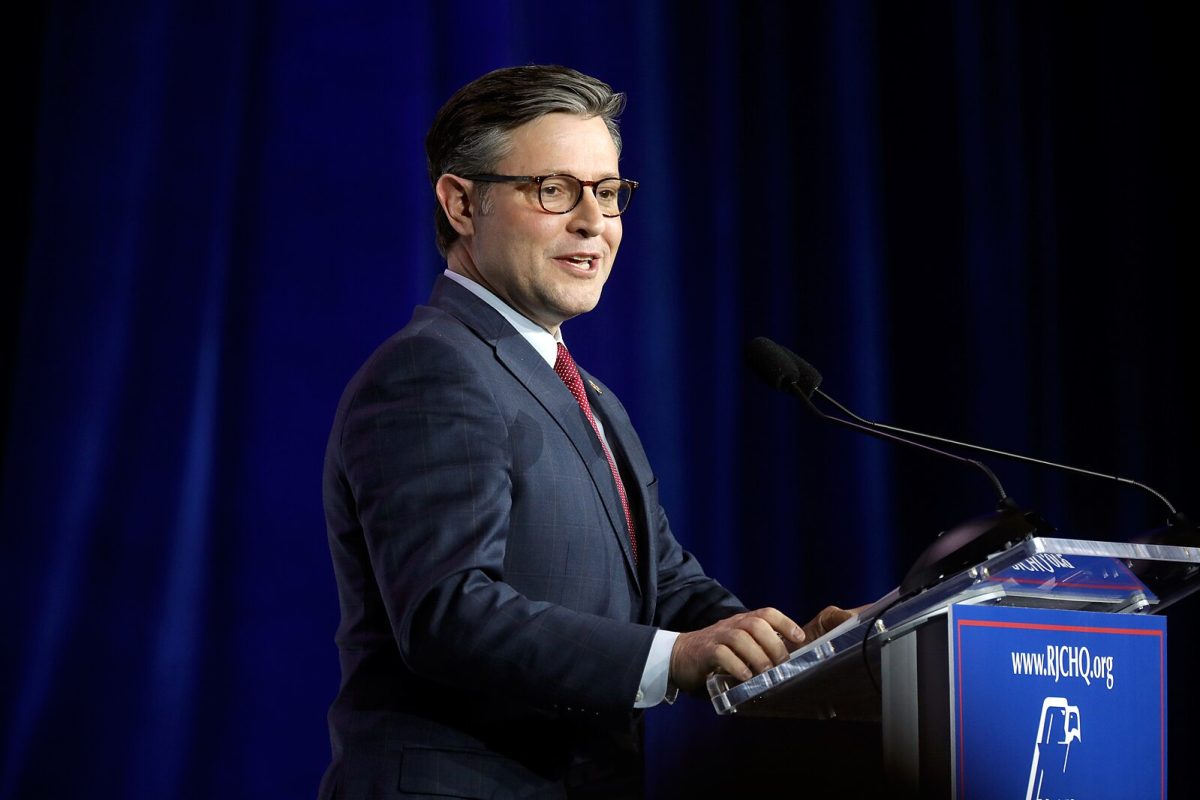“Neurodivergent” is a word used a lot, but what does it actually mean?
According to the Cleveland Clinic, the term refers to people whose brains develop or work differently, which can affect them in school, socially and even mentally. Neurodivergent people are more prone to mental illnesses like depression– more than 70% of autistic youth, who fit the definition of neurodivergent, have conditions like depression and anxiety.
Neurodivergent isn’t a medical term as much as it is a way to describe people using language other than “normal” and “abnormal” because there’s no single definition of “normal” for how the brain works. The term was coined in 1998 by Australian sociologist Judy Singer and includes conditions such as autism, ADHD, dyslexia and dyspraxia.
There are numerous ways neurodivergent students at Masters are supported. The Counseling Center and the Learning Enhancement and Development (LEAD) office work in conjunction to make sure that the neurodivergent students’ experience both in and out of the classroom goes as smoothly as possible.
Lydia Whitney, one of the Upper School counselors, said, “If a student shares with the LEAD office and the Counseling Center that they are a neurodivergent learner, LEAD and the Counseling Center partner to meet with that student individually, as well as talk to their parents or their outside providers, to get us insight as to what their specific learning profile is.”
She continued, “Typically, the LEAD office will then speak specifically to that student’s teachers each year a few times a year just to remind teachers of what that specific learning profile looks like and how to support that student.”
Julia Jones, the director of the LEAD office, told Tower more about what specific things her department does. She said, “We work directly with students to support them with things like executive functioning– organization, time management, task initiation, breaking apart long term assignments– and some academic support.”
However, there is always room for improvement.
Jones said that one thing she thinks the LEAD office could improve on is making sure students know it is available. “Any student can come meet with us and usually they are referred to us through a variety of ways,” she said. “Sometimes a student comes to us asking for that support, and other times it comes through an advisor or referral from a teacher or parent.”
In the same vein, alum Eden Leach ‘23, who is autistic, wrote their Masters Thesis about how schools accommodate for neurodivergent people. Talking about their own experience, they said they felt supported to an extent.
“Definitely more support was offered to me than I would’ve gotten at a different school, but I still didn’t feel supported in a lot of ways that were really necessary for me, especially having gotten a later diagnosis than is typical for neurodivergent people,” they said.
Leach was diagnosed with autism when they were 16, in contrast to the most common age for autism diagnoses in both the US and UK, which is three. Leach continued, “A lot of my requests for accommodations were met, but also a lot of them weren’t. I guess a lot of it was on the part of certain teachers in the classroom, not Masters or the administration as a whole.”
Some accommodations that Leach had to fight for were their headphones, which have a noise-canceling function, as well as bringing fidget toys to class starting in their senior year.
All in all, there are support systems in place for Masters’ neurodivergent students, but the consensus seems to be that they are not perfect and actively striving to improve. Both the Counselling Center and LEAD are trying to make themselves more accessible to the student body at large.



















